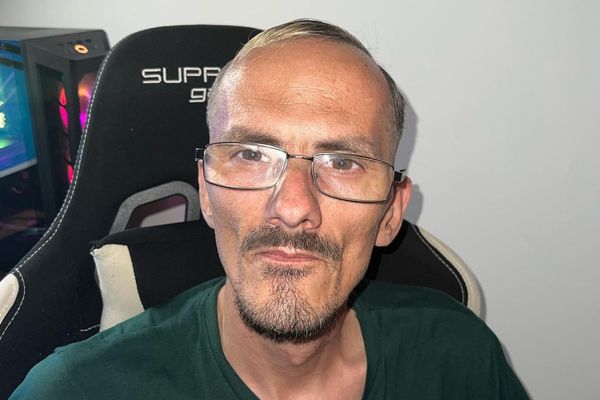
About six months ago, a friend and I took our kids along to the shopping centre in Ballarat for some school holiday activities. When I rocked up, my friend was already deep in conversation with another mum, who was not initially known to us. I joined in on the yarn, in my usual fashion, and by the end of it we’d all exchanged numbers and invited the new mum over to our home as well as an event at our community hub.
Friends often gasp when we retell this story. Approaching someone unknown and proceeding to ask for their digits? The audacity! We have become so used to operating in isolation, segregating ourselves from the world and those around us, that it has become a challenge to push beyond our comfort zone and engage with people we don’t know. God forbid we exchange words with someone random, let alone extend our circle of friends.
According to the Household, Income and Labour Dynamics in Australia survey, an estimated 15% of Australians aged 15 and over were experiencing social isolation in 2023. The Australian Institute of Health and Welfare states that social isolation and loneliness can harm mental and physical health and may affect life satisfaction.
So why aren’t we making more of an effort to embrace more people into our lives? To connect with more people? To even meet our neighbours? According to a 2020 study, there were 40 reasons which prevented people from making friends – with the main one being low trust, followed by lack of time, and introversion.
But growing up, I saw how my parents and broader community constantly worked to foster friendships – old and new – with love, warmth and openness. Time wasn’t a barrier. The aim of the game was to open our home, to invite people in, to share a meal. I will always see in my mum and dad their willingness to connect with those around them. Even now, more than 30 years after I moved to Ballarat, I’ll see people from my childhood down the street and they’ll stop to chat. “You were my neighbour! I still remember eating all those Persian sugar cubes in your house!”
And when we recoil at the thought of meeting new people, because we don’t trust anyone or it’s too hard, we run the risk of our children modelling our attitudes and behaviours. It makes me sad that we teach “stranger danger” with no context, rather than teaching our children about how to be safe but still promoting that, at the end of the day, we are all part of one human family, interconnected and bleeding the same.
I’m not suggesting we lead a life of ignorance. People have lost trust in humanity – and for good reason. We have become aware of harrowing cases of institutional child sexual abuse – in Ballarat in particular that trauma is never far from the surface. The recent case of a Melbourne childcare worker charged with the alleged sexual abuse of children and infants in his care has amplified parental concerns and sparked immediate childcare safety reviews and reforms at the federal and state level. Our interactions need to be approached with a level of wisdom and safety has to be a top concern. This isn’t about welcoming everyone into our home without a second thought.
Conversations about personal space and safety need to be a high priority in all settings. It’s about being vigilant and educating the community – especially our young ones – about the signs to look out for, about when to speak out, about who to turn to for help. But we must not let fear come at the expense of community.
I was recently reminded of the saying: “A stranger is just a friend you haven’t met yet.” I can’t imagine my life without my friend who I met from being friendly at the shops on that day six months ago. We share our thoughts, clothes, food, and even shared our birthday together this past month. My village expanded the day I met her, and other friends like her, simply because I stopped to say “hi”.
A 2020 study found that preventing and reducing social isolation and loneliness required “a comprehensive socioecological framework that fosters a broader culture of connection, rather than relying solely on individual-level interventions or targeting only vulnerable communities”. Quite often I’ll be running errands and strike up a conversation with someone I don’t know, wondering if they’ll be my next new mate.
My children wonder why I’m always talking to random people, though my son said just the other day that he too loves talking to strangers. I hope this openness will remain throughout his life, but more than that, I hope society will be in a position to have normalised it.







